Medicine details
| Image |  |
| Name | Repanid 1 |
| Dosage | Tablet |
| Generic Name | Repaglinide |
| Classes |
Antidiabetic Agent Metabolic Agent Meglitinide |
| Diseases |
Type 2 Diabetes Mellitus Hormonal Disorder |
| Company | Opsonin Pharma Limited |
Drug Package Details
| Strength | 1 mg |
| Storage Condition | |
| Origin Country | Bangladesh |
| Commercial Pack | 30 |
| Price per pack | ৳ 90.30 |
| Cost per pack | ৳ 79.46 |
| Package unit | 10 tabs strip |
| Price per unit | ৳ 3.01 |
| Cost per unit | ৳ 2.65 |
| Discount | 0 |
| Coupon | |
| Remarks |
Repaglinide
Repaglinide is an oral hypoglycemic drug belonging to the class meglitinides. It works by closing K+ channels of the pancreatic beta cells which stimulates the release of insulin from the cells, thereby increasing the plasma insulin concentration. Repaglinide is a rapid acting hypoglycemic agent with a short duration of action.
Repaglinide is indicated as an adjunct to diet and exercise to improve glycemic control in adults with type 2 diabetes mellitus.
There is no set dosage regimen for treating diabetes with Repaglinide or any other hypoglycemic agent. In addition to the usual monitoring of urinary glucose, the patient's blood glucose must be monitored on a regular basis to determine the patient's minimum effective dose.
Starting Dose: For patients not previously treated or whose HbA1c is < 8%, the starting dose should be 0.5 mg with each meal. For patients previously treated with blood glucose-lowering drugs and whose HbA1c is > 8%, the initial dose is 1 or 2 mg with each meal preprandially (before each meal).
Dose Adjustment: The dose range is 0.5 mg to 4 mg, taken with meals. In response to changes in the patient's meal pattern, Repaglinide may be dosed preprandially 2, 3, or 4 times per day. The maximum daily recommended dose is 16 mg.
Side effects associated with the drug are uncommon. The following adverse reactions have been reported-
- Hypoglycemia
- Weight gain
- Upper respiratory infections
- Nausea
- Diarrhea
- Sinusitis
- Repaglinide is not indicated for use in combination with NPH-insulin.
- There have been no clinical studies demonstrating conclusive evidence of Glimepiride or any other anti-diabetic drug lowering macrovascular risk.
- All meglitinide medications can cause severe hypoglycemia. To avoid hypoglycemic episodes, proper patient selection, dosage, and instructions are essential. Repaglinide levels in the blood may be elevated due to renal or hepatic insufficiency, and the latter may also reduce gluconeogenic capacity, both of which increase the risk of serious hypoglycemic reactions.
- When a patient stabilized on any diabetic regimen is exposed to stress such as fever, trauma, infection, or surgery, a loss of control may occur. At such times, it may be necessary to discontinue Repaglinide and administer insulin.
Contraindication
Repaglinide is contraindicated in-
- Co-administration of gemfibrozil
- Known hypersensitivity to the drug or its inactive ingredients.
None known.
Contraindicated in-
- Diabetic ketoacidosis, with or without coma.
- Type 1 diabetes.
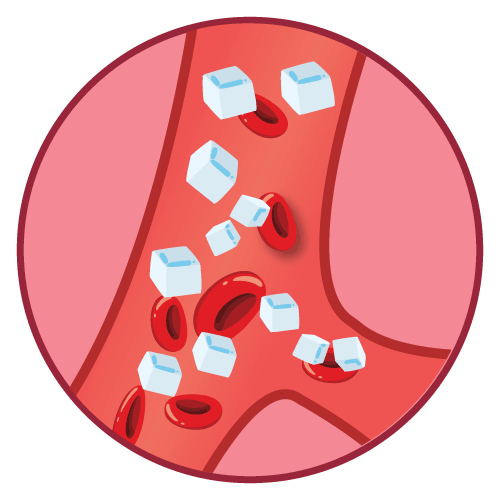


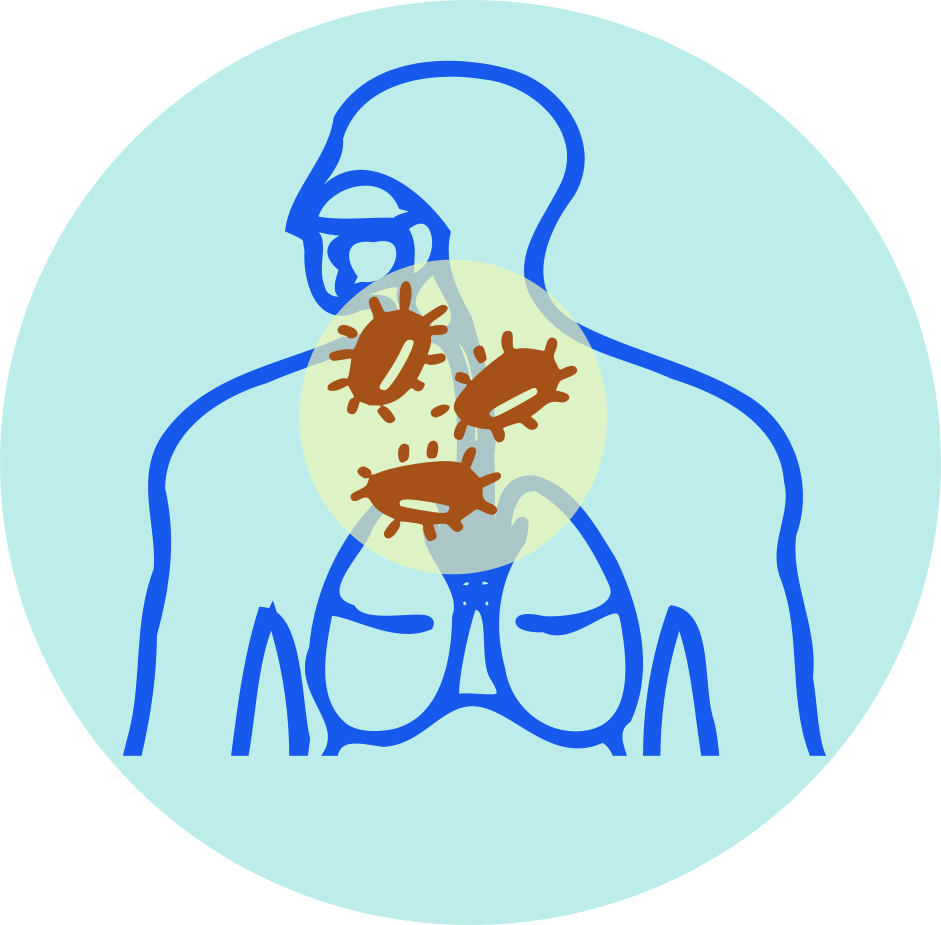


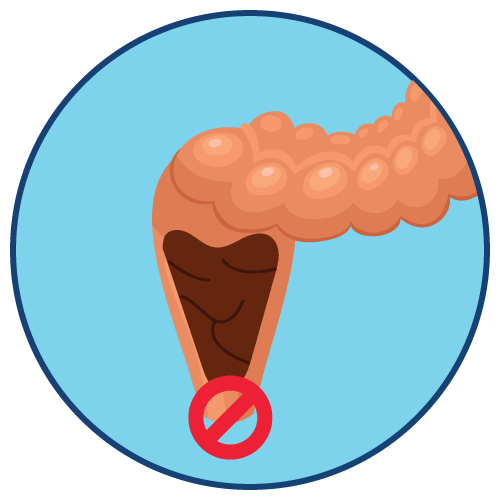
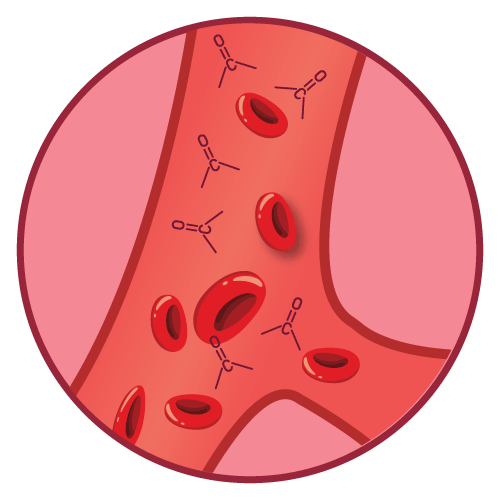
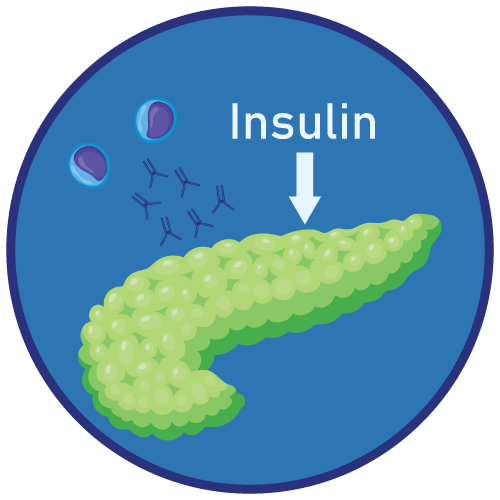
 Bangla
Bangla English
English